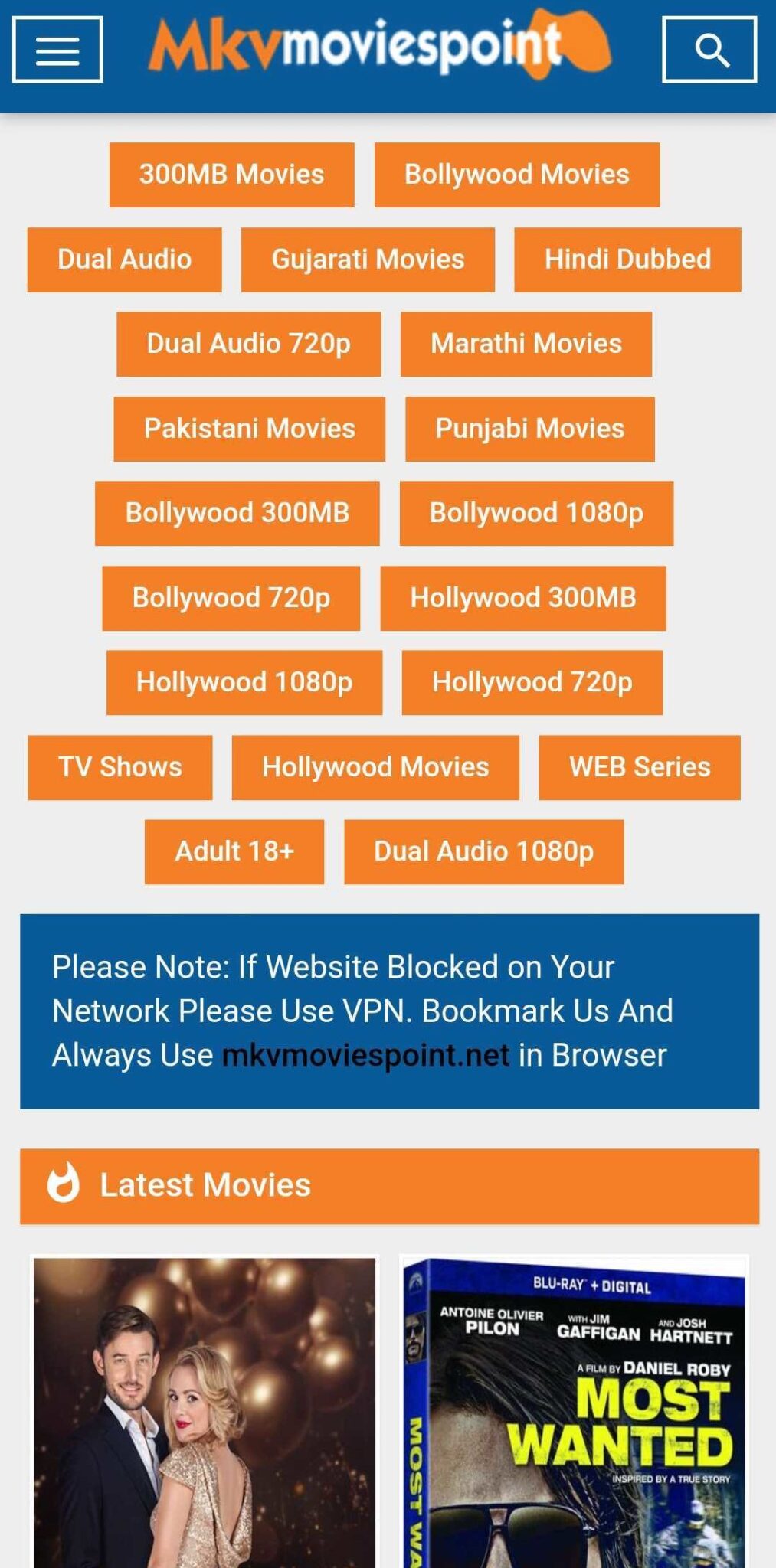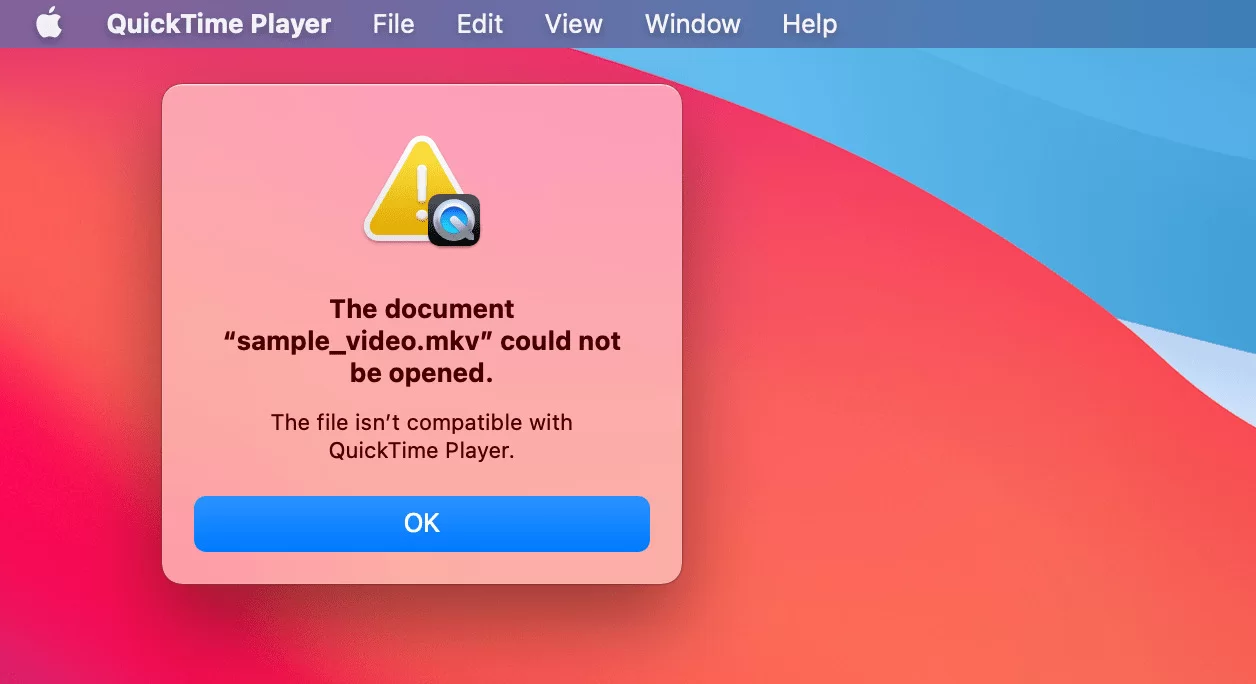**Ever wondered what MKV point movies are all about?** If you're a movie enthusiast or someone who loves to dive deep into the world of cinema, this guide is tailor-made for you. The term "MKV point movies" might sound technical at first, but trust me, it’s a treasure trove for cinephiles. Whether you’re downloading movies, streaming them, or simply curious about the file format that powers your favorite flicks, this article will break it all down. So grab your popcorn and let’s get started!
Before we dive into the nitty-gritty, let’s address why MKV files have become such a big deal in the movie world. They’re not just another file format; they’re a game-changer when it comes to video quality, audio options, and overall flexibility. Imagine watching a film in crystal-clear resolution with multiple subtitles and audio tracks—all wrapped up in one neat package. That’s the magic of MKV point movies!
Now, if you’re still scratching your head, don’t worry. This guide isn’t just about tech jargon. We’ll take you on a cinematic journey, exploring everything from the basics of MKV files to how they’ve revolutionized the way we consume movies. By the end of this read, you’ll be an MKV expert ready to explore the vast world of digital cinema.
Read also:Anjali Arora A Deep Dive Into The Controversial Sex Videos
Table of Contents
- What Are MKV Point Movies?
- Why Choose MKV for Your Movies?
- Benefits of Using MKV Files
- How to Play MKV Files
- Common Mistakes When Using MKV
- MKV Compatibility Across Devices
- Conversion Tips for MKV Files
- Optimizing MKV Files for Streaming
- Legal Considerations with MKV Movies
- The Future of MKV in Cinema
What Are MKV Point Movies?
So, let’s start with the basics. MKV point movies refer to films stored in the Matroska Video (MKV) file format. Think of MKV as a container that holds all the elements of a movie in one place. This includes video, audio, subtitles, and even chapters—all neatly packaged for your viewing pleasure. It’s like having a digital movie theater on your device.
But why MKV? Well, the format was designed to be flexible and future-proof. Unlike older formats like AVI or MP4, MKV supports a wide range of codecs, meaning you can enjoy high-quality video without worrying about compatibility issues. Plus, it’s open-source, which means no pesky licensing fees. For movie buffs, this translates to more freedom and fewer headaches.
Key Features of MKV Files
Here’s a quick rundown of what makes MKV so special:
- Multi-Track Support: You can have multiple audio and subtitle tracks in one file. Perfect for those who love watching movies in different languages.
- High-Quality Compression: MKV files are optimized for size without sacrificing video quality. This means you can store more movies on your hard drive without running out of space.
- Chapter Support: Ever wanted to skip straight to your favorite scene? MKV files let you do that with ease.
Why Choose MKV for Your Movies?
Let’s face it—there are plenty of video formats out there. So, why should you choose MKV over the rest? The answer lies in its versatility and performance. Unlike other formats that focus solely on video or audio quality, MKV takes a holistic approach. It’s like the Swiss Army knife of video formats, offering everything you need in one compact package.
For starters, MKV is incredibly versatile. Whether you’re watching a Hollywood blockbuster or an indie film, the format ensures that the video and audio remain synchronized. And let’s not forget about subtitles. With MKV, you can switch between different subtitle languages on the fly, making it ideal for international audiences.
Another big advantage is its open-source nature. Unlike proprietary formats that lock you into specific ecosystems, MKV is free to use and modify. This means you can enjoy your movies without worrying about licensing fees or restrictive software.
Read also:Telugu Video Sex A Deep Dive Into Its Cultural Impact And Popularity
Benefits of Using MKV Files
Now that we’ve covered the basics, let’s dive deeper into the benefits of using MKV files for your movie collection. Here are some of the top advantages:
1. Superior Video Quality
One of the standout features of MKV is its ability to deliver stunning video quality. Thanks to advanced codecs like H.264 and H.265, you can enjoy movies in 1080p, 4K, and even 8K resolutions. This makes it the perfect choice for binge-watching on your 4K TV or gaming monitor.
2. Multiple Audio Tracks
Gone are the days of sticking to one audio track. With MKV, you can include multiple audio streams in different languages, formats, and bitrates. Whether you prefer Dolby Atmos or plain stereo, MKV has got you covered.
3. Built-In Subtitles
Subtitles are a game-changer for anyone who loves foreign films or needs captions for accessibility. MKV allows you to embed subtitles directly into the file, ensuring they’re always available when you need them.
How to Play MKV Files
Alright, so you’ve downloaded your first MKV movie. Now what? Playing MKV files is easier than you think. Most modern media players, like VLC and MPC-HC, support MKV out of the box. If you’re using an older player, you might need to install a codec pack, but that’s a quick and painless process.
Here’s a step-by-step guide to playing MKV files:
- Download a Compatible Player: VLC Media Player is a great option since it’s free, open-source, and supports almost every format under the sun.
- Install Necessary Codecs (if needed): Some older players may require additional codecs to play MKV files. K-Lite Codec Pack is a popular choice for this.
- Open Your File: Simply double-click the MKV file, and your player should handle the rest.
And there you have it! With these simple steps, you’ll be streaming your favorite movies in no time.
Common Mistakes When Using MKV
Even the best formats can trip you up if you’re not careful. Here are some common mistakes people make when working with MKV files:
- Using Outdated Software: Always make sure your media player is up to date. Older versions may not support the latest MKV features.
- Forgetting to Install Codecs: If your player doesn’t support MKV natively, you’ll need to install the necessary codecs. Skipping this step can lead to playback issues.
- Downloading Corrupt Files: Always verify the integrity of your MKV files before playing them. Corrupted files can cause buffering or freezing during playback.
By avoiding these pitfalls, you’ll ensure a smooth and enjoyable viewing experience.
MKV Compatibility Across Devices
One of the biggest concerns with any file format is compatibility. Will your MKV files work on your smartphone, tablet, or smart TV? The good news is that MKV is widely supported across a variety of devices. However, there are a few things to keep in mind:
1. Smart TVs
Most modern smart TVs come with built-in support for MKV files. However, older models may require you to convert the file to a more compatible format like MP4. Check your TV’s manual for specific instructions.
2. Mobile Devices
Android and iOS devices can play MKV files, but you’ll need to use a third-party app like VLC or MX Player. These apps are free and offer excellent performance, so there’s no need to worry about compatibility issues.
3. Streaming Devices
Streaming devices like Roku, Chromecast, and Apple TV also support MKV files, but it’s always a good idea to check the manufacturer’s website for the latest info.
Conversion Tips for MKV Files
Sometimes, you might need to convert your MKV files to another format. Whether it’s for compatibility reasons or to save space, here are some tips to help you get the job done:
1. Use Reliable Conversion Tools
There are plenty of tools available for converting MKV files, but not all of them are created equal. Stick to reputable software like HandBrake or Freemake Video Converter to ensure high-quality results.
2. Preserve Audio and Subtitles
When converting MKV files, make sure to include all the audio and subtitle tracks. Losing these elements can ruin the viewing experience, so take the time to configure your settings properly.
3. Optimize for Your Device
Not all devices handle large files well. If you’re planning to watch your MKV movies on a mobile device, consider optimizing them for lower resolutions and bitrates. This will save space and improve playback performance.
Optimizing MKV Files for Streaming
Streaming MKV files can be a bit tricky, especially if you’re dealing with large files. To ensure smooth playback, here are some tips for optimizing your MKV files:
1. Use Efficient Codecs
Stick to codecs like H.264 or H.265 for the best balance of quality and file size. These codecs are widely supported and offer excellent compression.
2. Adjust Bitrate Settings
Higher bitrates mean better quality, but they also require more bandwidth. If you’re streaming over a slow connection, consider lowering the bitrate to avoid buffering issues.
3. Enable Adaptive Streaming
Some streaming platforms support adaptive streaming, which adjusts the video quality based on your internet speed. This ensures a seamless viewing experience regardless of your connection.
Legal Considerations with MKV Movies
Now, let’s talk about the elephant in the room: legality. While MKV itself is a perfectly legal format, the source of your movies may raise some questions. Always make sure you’re downloading movies from legitimate sources to avoid any legal issues.
Here are a few tips for staying on the right side of the law:
- Use Official Platforms: Stick to trusted platforms like Netflix, Amazon Prime, or iTunes for your movie downloads.
- Check Copyright Laws: Familiarize yourself with the copyright laws in your country to ensure compliance.
- Avoid Pirated Content: Resist the temptation to download movies from unauthorized sources. Not only is it illegal, but it can also expose your device to malware.
The Future of MKV in Cinema
As technology continues to evolve, so does the world of video formats. MKV has already proven itself as a versatile and reliable choice for cinephiles, but what does the future hold? With advancements in 8K resolution, HDR, and immersive audio, MKV is poised to remain a top contender in the digital cinema space.
Moreover, the rise of streaming services has made it easier than ever to access high-quality movies in MKV format. As more people embrace digital entertainment, the demand for flexible and future-proof formats like MKV will only grow.
Conclusion
In conclusion, MKV point movies are more than just a file format—they’re a gateway to a world of cinematic possibilities. From their superior video quality to their multi-track support, MKV files offer everything a movie lover could ask for. By following the tips and tricks outlined in this guide, you’ll be well-equipped to enjoy your favorite films in the best possible way.
So, what are you waiting for? Dive into the world of MKV and take your movie-watching experience to the next level. And don’t forget to share this article with your fellow cinephiles. Together, let’s


